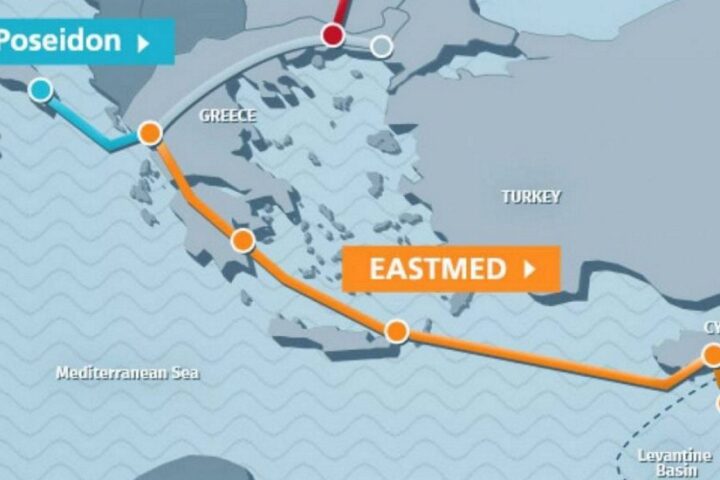A usual working week for people aged 20-64 in Cyprus averages 39.5 hours, above the EU average of 37.5 hours, according to Eurostat data.
There were significant differences in working hours among EU states regarding average working hours per usual week.
The longest working weeks were recorded in Greece (41.0), Poland (40.4), Romania and Bulgaria (40.2 both).
By contrast, the Netherlands had the shortest working week (33.2 hours), followed by Germany (35.3) and Denmark (35.4).
In the EU, in 2022, 5.4% of employed people worked less than 20 hours per week, and 7.6% had an average usual working week of 50 hours or over.
The largest share (46.8%) at the EU level was for those with an average working week of 40 to 44 hours, followed by those who worked 35 to 39 hours (21.5%).
Much smaller shares of employed people worked on average per week from 20 to 24 hours (5.1%), 25 to 29 hours (2.9%), 30 to 34 hours (5.8%) and 45 to 49 hours (5.0%).
The largest share in most EU states (22 countries) was for people with an average working week of 40 to 44 hours.
This share exceeded 50% in 17 EU countries and reached over 80% in Bulgaria, Romania, Latvia, Lithuania, Hungary, Slovenia and Poland.
In Denmark, France, Finland, Belgium and Ireland, the largest group was those who worked on average 35 to 39 hours per week, with the share of these people in Denmark exceeding 50%.
Looking at people who had the longest working week (50 hours or more), the largest shares were found in Greece (13.2%) and France (10.4%).
By contrast, 45.6% of the employed people in the Netherlands worked less than 35 hours per week, while 23.2% worked less than 25 hours.
The average working week for full-time workers in the EU ranged from 38.8 hours in Finland to 42.7 hours in Greece.
However, Serbia (44 hours), Switzerland (43.4 hours), and Iceland (42.8) exceeded Greece with longer working weeks for full-time workers.
Part-time
The longest working week for part-time workers was recorded in Sweden, with 26.4 hours and in Romania, with 26.2 hours, while the shortest was recorded in Portugal, with 18.6 hours.
Male full-time workers had longer working weeks than their female counterparts in all countries.
The most significant difference among the EU countries was in Ireland and the Netherlands, with a 4.0 and 3.7 hours gap between the working weeks of male and female full-time workers.
The pattern by sex is not the same for part-time workers: women had longer working weeks in most countries.
Denmark stood out with the largest difference in the length of the average working week between male and female part-time workers (17.9 versus 21.9 hours, respectively).
Last year, people employed in the ‘agriculture, forestry and fishing’ sector spent the most hours at work – 42.8 hours on average per week.
They were followed by those working in ‘construction’ (40.5 hours), ‘activities of extraterritorial organisations and bodies’ (40.2) and ‘mining and quarrying’ (40.1).
By contrast, workers in ‘activities of households as employers’ (26.3 hours), ‘education’ (33.7 hours) and ‘arts, entertainment and recreation’ (34.5) had the shortest average working weeks.
Average usual weekly hours are the hours usually worked per week in the main job, including extra hours, either paid or unpaid, but excludes the travel time between home and workplace, main meal breaks, education and non-job related training.










